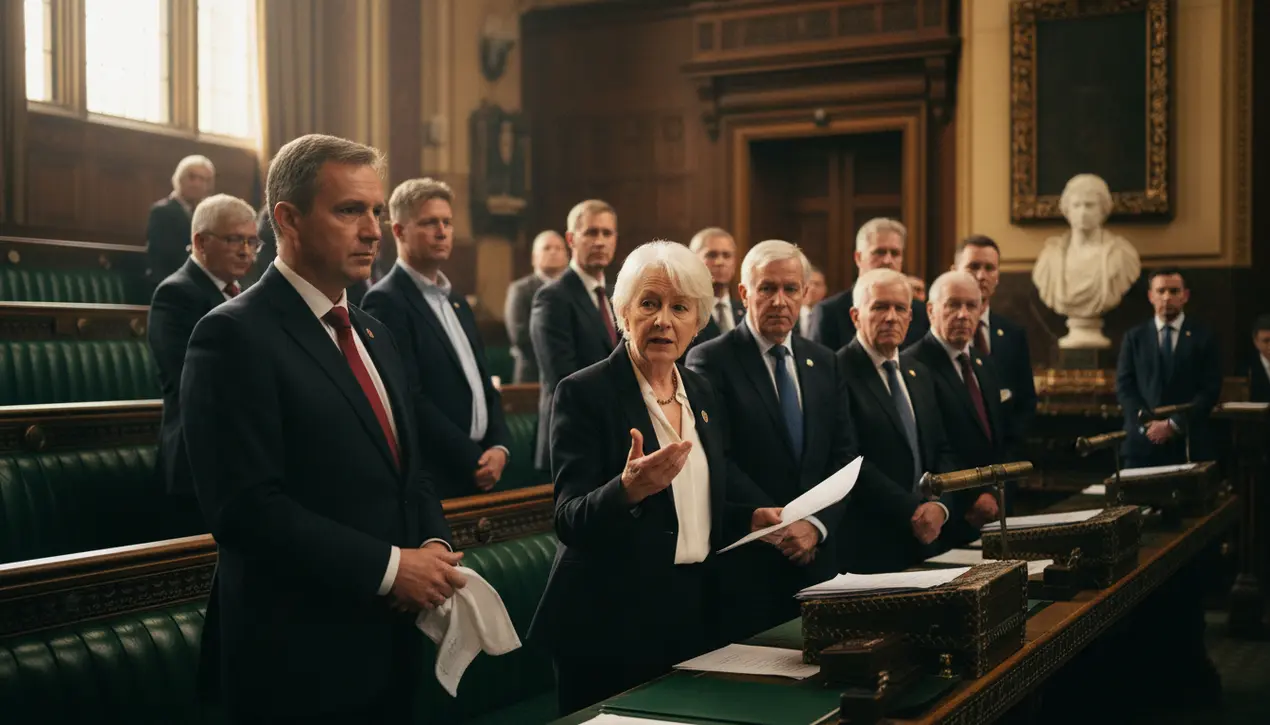
PoliticselectionsElectoral Reforms
Politicians urge Labour to restore Electoral Commission independence
RO
Robert Hayes
7 hours ago7 min read2 comments
In a development echoing historical struggles over the integrity of democratic institutions, a significant cross-party coalition of MPs and peers is preparing to mount a formidable challenge to the current government. They are urging Prime Minister Keir Starmer to fundamentally restore the independence of the Electoral Commission, a move they argue is critical to preventing the United Kingdom from falling behind established global standards for election integrity.This is not merely a procedural squabble; it is a battle for the soul of British democracy, reminiscent of past conflicts where the impartial oversight of elections was paramount to public trust. The catalyst for this impending parliamentary confrontation is the government's contentious elections bill, which critics argue has dangerously tethered the watchdog to the very political parties it is designed to scrutinize.The all-party group’s letter to the Prime Minister serves as a stark warning: a regulator overseen by the entities it must hold to account is a regulator rendered impotent. This situation did not emerge in a vacuum.It follows a period of heightened tension between the Commission and the previous Conservative administration, which was frequently criticized for pushing the boundaries of electoral law and campaigning ethics. The current framework, these parliamentarians will contend, creates a perilous conflict of interest, undermining the Commission's ability to investigate breaches without fear or favour.Experts in constitutional law have long warned that the erosion of an independent electoral monitor is a hallmark of democratic backsliding, a trend observed in nations from Hungary to Poland, where gradual legislative changes have consolidated power by neutering checks and balances. The proposed amendments, likely to be tabled when Parliament reconvenes, will seek to re-establish a clear and unbreachable firewall between the government of the day and the Commission's operational and investigatory functions.The consequences of inaction are profound. Beyond the immediate risk of perceived partisan bias in future elections, the UK’s international reputation as a bastion of stable democracy could be tarnished, affecting its standing in organizations like the Council of Europe and the OSCE, which monitor electoral practices.Furthermore, public confidence, already fragile following a decade of political turbulence, could be further eroded if citizens come to believe the electoral playing field is no longer level. This is a defining test for Starmer’s Labour government, which came to power promising a restoration of standards in public life. Will it heed this cross-party call and relinquish control, affirming its commitment to transparent governance, or will it cling to the levers of influence, mimicking the tactics of its predecessors? The coming legislative battle will reveal much about the future trajectory of British democratic health, determining whether the UK upholds its legacy or continues down a path of institutional degradation.
#featured
#Electoral Commission
#UK politics
#election integrity
#legislation
#watchdog independence
Stay Informed. Act Smarter.
Get weekly highlights, major headlines, and expert insights — then put your knowledge to work in our live prediction markets.
Related News
Comments
Loading comments...
© 2025 Outpoll Service LTD. All rights reserved.